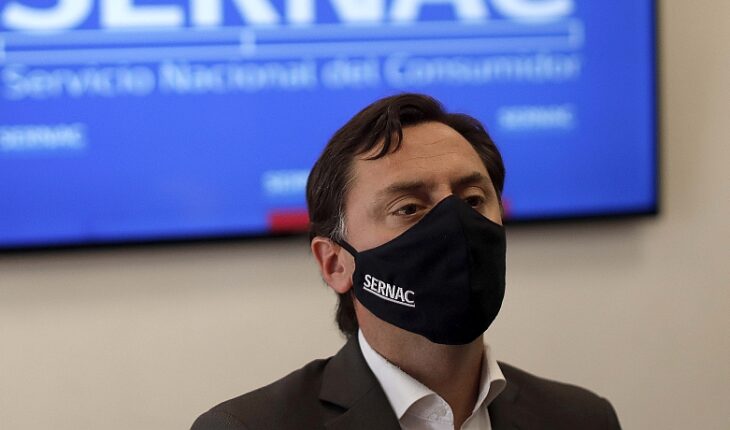SERNAC filed a class action lawsuit against General Motors Financial Chile S.A., after detecting a series of breaches of the Consumer Law by carrying out improper extrajudicial collection actions. Among the findings detected, after an audit and a preliminary ruling, are practices of harassment and harassment towards delinquent consumers through repeated telephone calls and threats of legal action in case of non-payment. In addition, SERNAC discovered another series of practices that go against the regulations, among them, that the financial institution applied improper charges for extrajudicial collection procedures, among them, charges for actions carried out during the first 20 days of delay, which according to what the Law establishes do not correspond because they are the responsibility of the company. It also applied charges for extrajudicial collection procedures that were not duly calculated according to the standards established by the Law and that do not reflect efforts actually carried out. The service verified that the company did not carry out useful collection procedures within the first 15 days, as required by law, in addition to not adequately informing consumers regarding other relevant background, including the default interest and the respective collection period, the detail of the collection expenses, among other aspects, limited only to the delivery of global and general information. In addition, it was verified that the company did not adequately inform consumers who grant personal guarantees, such as, for example, those who act as guarantors, guarantors and joint debtors. The behaviors described above, according to SERNAC research, have been constant and permanent over time, at least, since 2015 and until the date of filing of this lawsuit. The National Director of SERNAC, Lucas Del Villar, explained that this type of conduct has caused damage to the assets of consumers by applying a series of undue charges, which must be returned, with the respective readjustments and interests. On the other hand, and most importantly, it points out that this type of behavior has caused serious psychological damage to those who have been affected by harassment and threats, which must be compensated.” Consumers have the responsibility to pay their debts, but it is the duty of companies to respect the dignity of people, strictly complying with what is established by the Consumer Law, since no one has delinquent debts for pleasure. Studies indicate that Chileans are good payers, so carrying out illegal collection procedures, especially when they incur harassment and threats, causes psychological damage, affecting the tranquility of families and even the job stability of the debtor, “says the authority. During this year 2021, SERNAC has received around 14 thousand claims related to improper extrajudicial collections, mainly for harassment, collecting debts that do not correspond or actions that affect the job stability or tranquility of the debtor such as informing the debt to third parties. Del Villar stressed that precisely the Consumer Law was recently reinforced with respect to the actions that companies can take when carrying out extrajudicial collection actions, expressly prohibiting harassment and harassment by establishing that theIn fact, the regulations indicate that companies can only make one visit or one phone call a week. Additionally, they can carry out two other remote procedures during the week, separated by at least two days. In other words, a consumer could have up to three effective contacts a week in case of being delinquent, for example, one call and two SMS; or a visit and two e-mails. Likewise, the new rule established that companies cannot send any kind of document, message or communication that is, apparently be or refers to a writing, resolution or judicial action.
Sernac Files Class Action Lawsuit Against Chevrolet Vehicle Finance
January 5, 2022 |





